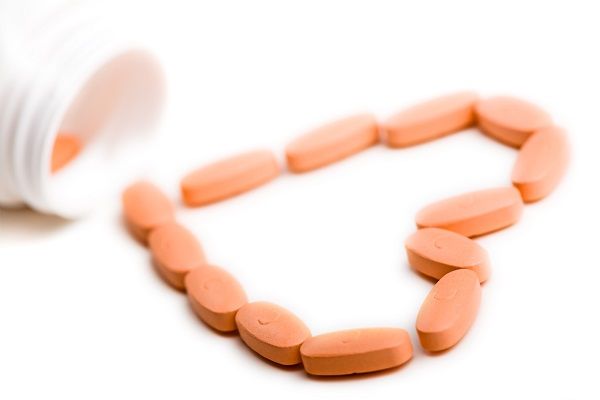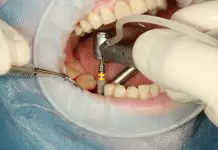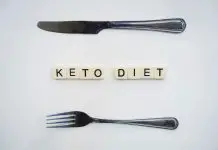Impotence is defined as the failure to develop or keep an erection during sexual activity.
Erection is most often caused by sexual or emotional stimulation and is a result of blood flow into the penis and its retention by the sponge-like penile tissue.
Causes of impotence
Due to its common appearance (Merck Manual estimates that in the USA, 50% of men aged 40 to 70 suffer from impotence), it is the main focus of a study named andrology, which is part of urology.

The lack of erection, i.e. erectile dysfunction or impotence, can be caused by a number of factors including psychological reasons, aging, cardiovascular diseases, trauma from surgeries, lifestyle as well as side effects from drugs.
Psychological causes
Psychological reasons (stress, tension, anxiety, past sexual abuse, being in a new relationship, miscommunication with the partner) are correlated with younger men.
They are less common than the physical and are often correlated to relationship and self-esteem issues. If an erection occurs during sleep, it is normally a sign that physically everything is working, and the impotence is due to psychological issues.
Physical causes
There are four main types of problems related to impotence:
- Neurological – problems and diseases of the nervous system
- Anatomic – problems with the penile structure
- Vascular – problems with the vessels that supply the penis with blood
- Endocrine – problems with the hormones
People suffering from high blood pressure or having high cholesterol levels often have problems with impotence as well.
Diabetics also experience this problem because the high blood sugar levels can affect both blood supply to the penis and the nerve endings important for its normal functioning. Surgeries in the pelvic area (mostly prostate surgeries) can also result in impotence.
Cardiovascular diseases
Problems with the cardiovascular system can lead to impotence as they may limit the blood flow to the penis. Atherosclerosis – a condition that is characterized by thick walls which narrow the vessels and restrict blood flow can result in impotence.
Moreover, a study conducted in Australia from 2013 suggests that impotence may also be considered as a symptom of a heart disease, but more thorough research has to be done to confirm this theory. Their hypothesis was suggested on the observation that 6/1000 men with normal erection were admitted for heart disease, compared to 9/1000 men with severe erectile dysfunction being admitted to a hospital for the same reasons.
Lifestyle
If you are under a lot of stress, it can also influence your erections. Namely, stress situations cause increased excretion of adrenaline, which narrows your blood vessels and makes blood flow more difficult. Similar effect is observed among smokers – nicotine present in the cigarettes also contracts the blood vessels.
Drug side effects
A number of drugs like antidepressants, stimulants, painkillers, medication for cancer etc. list impotence as a side effect of their use. However, even if you experience impotence as a side effect, it does not mean that you should stop taking your medicine. Consult your doctor how to proceed.
Treatment
Although it may be embarrassing for a man to admit this problem, it is important not to solve the issue by browsing the internet, but to consult your physician.
The most important part is determining whether the problem is physical or psychological. When the problem is psychological sex therapy is recommended. In most of the cases, lifestyle changes are advised (weight loss, quitting smoking, eating habits).
When consulting a physician, if impotence is linked to another health problem like high cholesterol or high blood pressure, a medications for that issue might be prescribed. Usually, treating the main health problem will resolve the impotence issue as well.
How can you avoid impotence?
The number one health protector is proper nutrition. Watch what you eat. Anything that is bad for the heart is bad for the erection.
Food that causes heart problems ultimately results in impotence because of the limited blood flow to the penis. Keep your weight in the normal range for your age and height.
Enjoy a diet rich in fruits and vegetables, combine it with nuts, healthy fatty acids, olive oil and limited amounts of red wine. Consuming too much alcohol leads to liver damage, but can also get in the way of normal secretion of the male sex hormones.
Be physically active. Any type of light cardio is good for the whole body, but pay attention if you are bicycling regularly.
Impotence is common among men that bicycle a lot. The bicycle seat causes pressure in the perineum, which can harm the blood vessels and nerves that supply the penis. Protect yourself, wear padded bicycling pants, make sure the seat fits perfectly and stand up frequently.
Stay away from steroids. They may have an effect on the testicles and influence their ability to produce testosterone. Recreational drugs like marijuana, alcohol, cocaine, nicotine and others may also cause impotence.








































